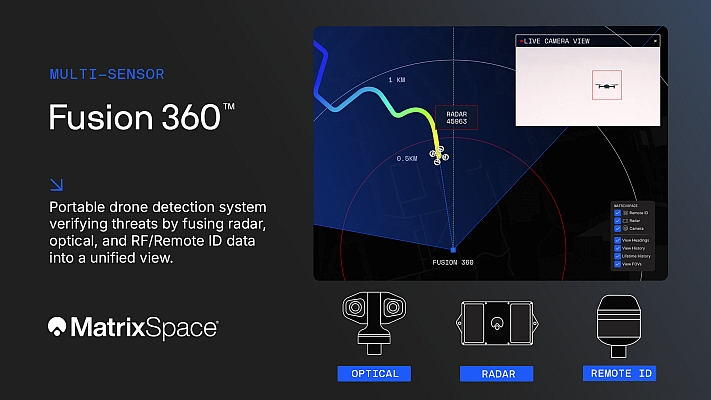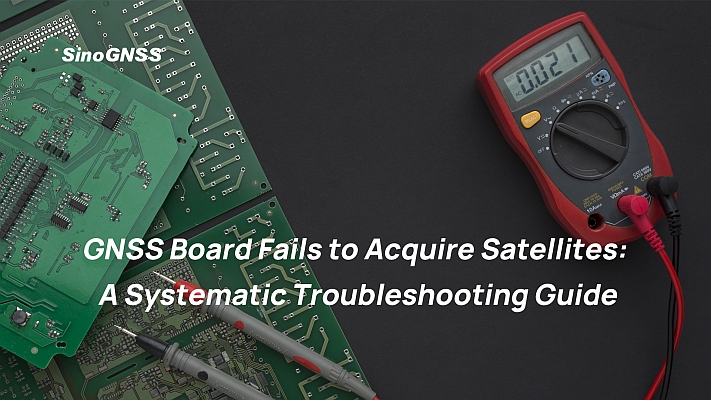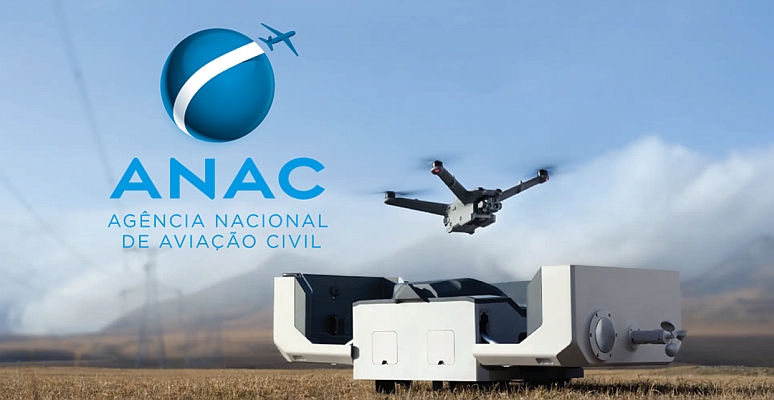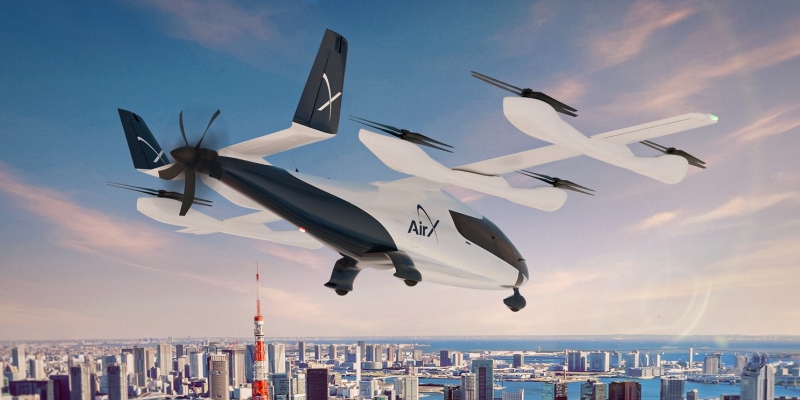NovAtel Inc., a precise positioning technology company, has achieved a Galileo program milestone through the award of a contract worth €6.3M (US$8.6M) by Thales Alenia Space Italia (TAS-I) for the continued development of the Ground Reception Chain (GRC) reference receiver for Galileo, Europe’s state-of-the-art Global Navigation Satellite System (GNSS). TAS-I, NovAtel and Space Engineering were initially selected by the European Space Agency (ESA)/ESNIS/Thales Alenia Space France (TAS-F) and began work on the program in June 2005. Since then, NovAtel has been developing technology under preliminary authorizations and has already generated €2.1 million (US$2.7 million) in revenue between Q3 2005 and Q2 2007.
The contract award is a program milestone achievement worth €441 thousand (US$600 thousand). Following this contract award, NovAtel also has the opportunity to achieve two other milestones in the second half of 2007 valued at €760 thousand (US$1,034 thousand). Galileo is expected to be fully operable from 2012 with up to 30 satellites orbiting the earth. It is designed for both civilian and government purposes and will be controlled and operated by civil management.
According to Tony Murfin, NovAtel’s Vice President, Business Development, “We are extremely pleased to have negotiated the final terms with TAS-I on this fixed price contract, given that we have been working on interim funding for over two years. NovAtel will now be able to better manage this project on a long-term basis. The funded Galileo ground reference receiver technology we are developing is a key strategic advantage for NovAtel, as demand for Galileo ground infrastructure expands to other regions worldwide. We anticipate that a new, firm basis will soon be established in Europe to allow the Galileo system to move forward to full deployment.”
The ground reference receiver, for which NovAtel continues to develop receiver components, forms part of the GRC, which is being supplied by TAS-I to TAS-F, ESNIS and ESA for use in the Galileo Ground Mission Segment (GMS). The program calls for the development, qualification and delivery of 25 production GRC equipment groups to support the In Orbit Validation (IOV) phase of the European satellite navigation system. The objective of the IOV phase is to verify the proper functioning of the overall navigation system before full deployment.
NovAtel has been working on the development and qualification of two digital receiver sections and an I/O Master card, and will supply an off-the-shelf dual frequency GPS receiver – all for installation in a NovAtel 19 inch rack enclosure. These receiver components are being provided to TAS-I, who will add radio frequency and other digital receiver components and system qualification to complete the GRC reference receiver.
Thales Alenia Space Italia will also provide an external antenna supplied by Space Engineering and an external commercial atomic clock and will deliver the GRC equipment group to TAS-F and ESNIS. ESNIS was established in 2000 as a joint venture of leading European space companies to act as industrial prime to develop and deliver the European satellite navigation system infrastructure.
Source: NovAtel






